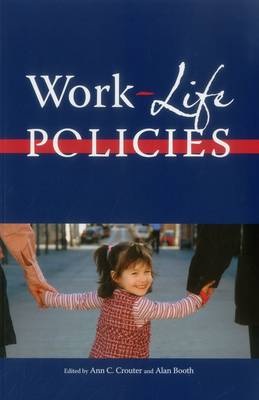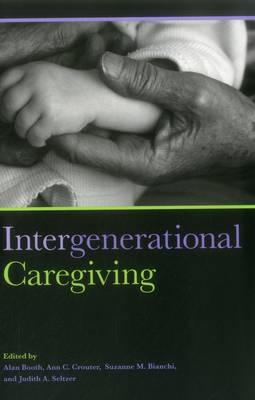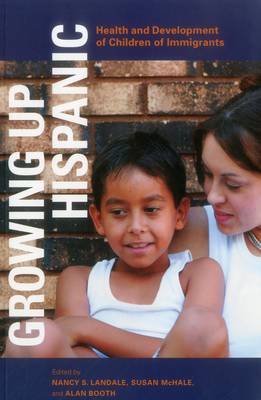Urban Institute Press
3 total works
Workplace policies that provide flexible scheduling, leave for caregiving, and assistance with child care likely benefit employers in recruitment, retention, productivity, and health care costs. Their benefits to employees seem obvious. Researchers, however, are just beginning to move beyond correlational, descriptive studies into rigorous intervention research. These new investigations examine not only the effects of formal policies-whether federal law or company HR initiatives-but also changes in workplace culture. Work-Life Policies assembles a diverse group of commentators-industrial psychologists, labor organizers, policy analysts, management scholars, organizational psychologists, and others-to offer fresh ideas and new insight.
Intergenerational Caregiving
by Ann C. Crouter, Alan Booth, Susanne M. Bianchi, and Judith A. Seltzer
Published 14 November 2008
Dramatic changes in the American family have transformed the way we care for its oldest and youngest members. Nuclear families have become smaller as childbearing has declined, but extended families have become larger as life expectancy grows. Divorce, extramarital childbearing, cohabitation, and remarriage, have increased our number of kin but often complicate relationships and diffuse responsibility for care. In Intergenerational Caregiving, an interdisciplinary group of scholars considers our changing family relationships and their effect on social policies. Caregiving and its effects on families' relationships and resources are examined from economic, sociological, anthropological and psychological perspectives, and chapters on both elders and children with disabilities are included.
Hispanics are the largest immigrant group in the United States and the largest ethnic minority group in the nation. One in five children in the U.S. has immigrant parents. These children face a range of challenges, often caught in their communities' changing social, political, and economic forces.


